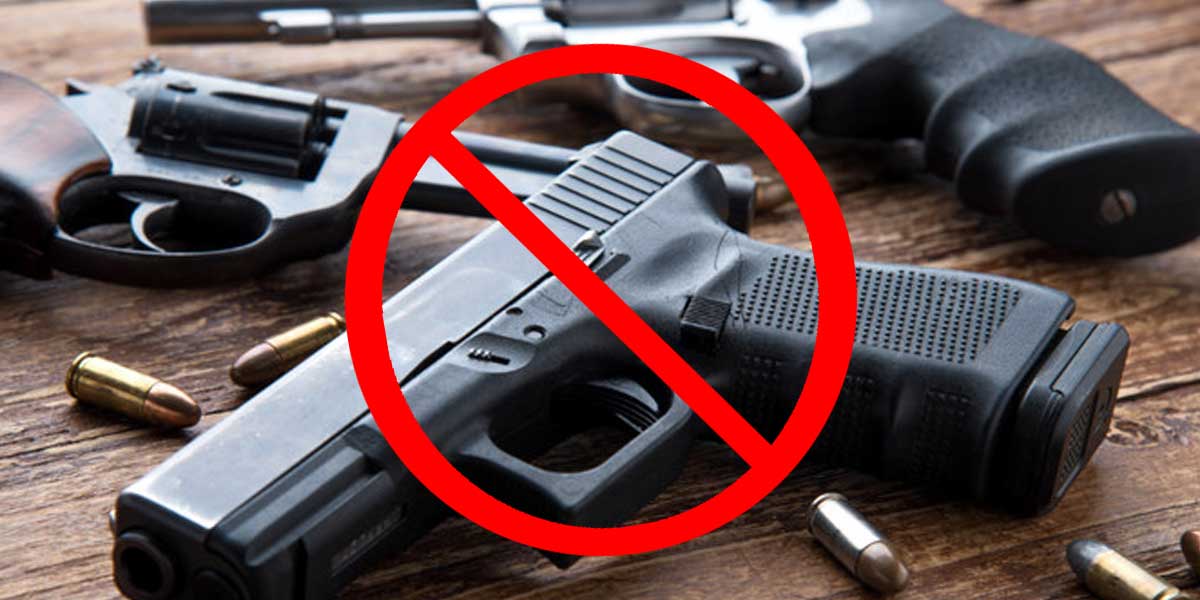By Teresa May Bandiola
It’s raining here in the Philippines. Dengue is probably lurking around!
Dengue is a disease transmitted by the bite of an infected female mosquito called Aedes aegypti and other species such as Aedes albopictus. It is common in tropical countries like the Philippines, and has become one of the fastest growing mosquito-borne diseases in the world.
The most common symptom of dengue is fever that can be accompanied by nausea, vomiting, rash, and pains-typically behind the eyes, muscle, joint, or bone.
From the latest data of the Department of Health (DOH), it is reported that from January to August 2019, there were a total of 271,480 dengue cases nationwide. This is 95% higher compared to the same period in 2018. Majority of cases in the country are said to come from Regions VI, IV-A, X, III, and National Capital Region (NCR).
According to the World Health Organization (WHO), there is no specific medication for dengue fever. Patients are advised to seek medical attention, rest, and drink plenty of fluids to avoid dehydration. Dehydration could occur when a person loses too much body fluid from fever, vomiting, or not drinking enough liquids. Paracetamol (also known as acetaminophen) is recommended to control fever and relieve pain. Other supportive care is also recommended such as tepid sponge baths to lower the body temperature. It is also important that febrile patients must avoid mosquito bites to reduce risk of further transmission. Mosquitoes that bite the affected family member can go on to bite and infect others.
Because most Filipinos have the tendency to self-medicate (which is discouraged) and prefer homecare due to fear of hospital bills, it is otherwise advised to avoid these drugs when you have dengue.
Aspirin! This drug is widely used to reduce fever and relieve mild to moderate pain from conditions such as ordinary headache. Avoid aspirin, aspirin-containing drugs, ibuprofen, naproxen, mefenamic acid, diclofenac, and other similar drugs that belong to same group called non-steroidal anti-inflammatory drugs (usually abbreviated to NSAIDs). They should not be taken since they can increase the risk of bleeding by reducing the blood’s ability to clot. Worse, some of these drugs could be bought over-the-counter from a pharmacy, hence, it is advisable to ask the pharmacist if the drug you are buying is an NSAID.
If symptoms progress to severe dengue, it is imperative to consult a doctor and seek hospitalization to manage the disease and reduce the mortality rate.
Moreover, refrain from using herbal products that lack scientific evidence against dengue because they may contain toxins and are prone to possible interactions with any of their constituents.
Avoiding mosquito bites is the best way to protect yourself from dengue. This can be achieved by wearing protective clothing and using safe and effective insect repellents. Environmental management is also critical such as reducing mosquito-breeding habitats.
Protect your family today!
*****
Teresa May Bandiola is a licensed pharmacist, a published writer, and a university instructor. She can be reached at bandiolateresamayb@gmail.





















